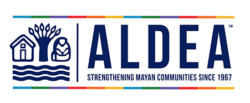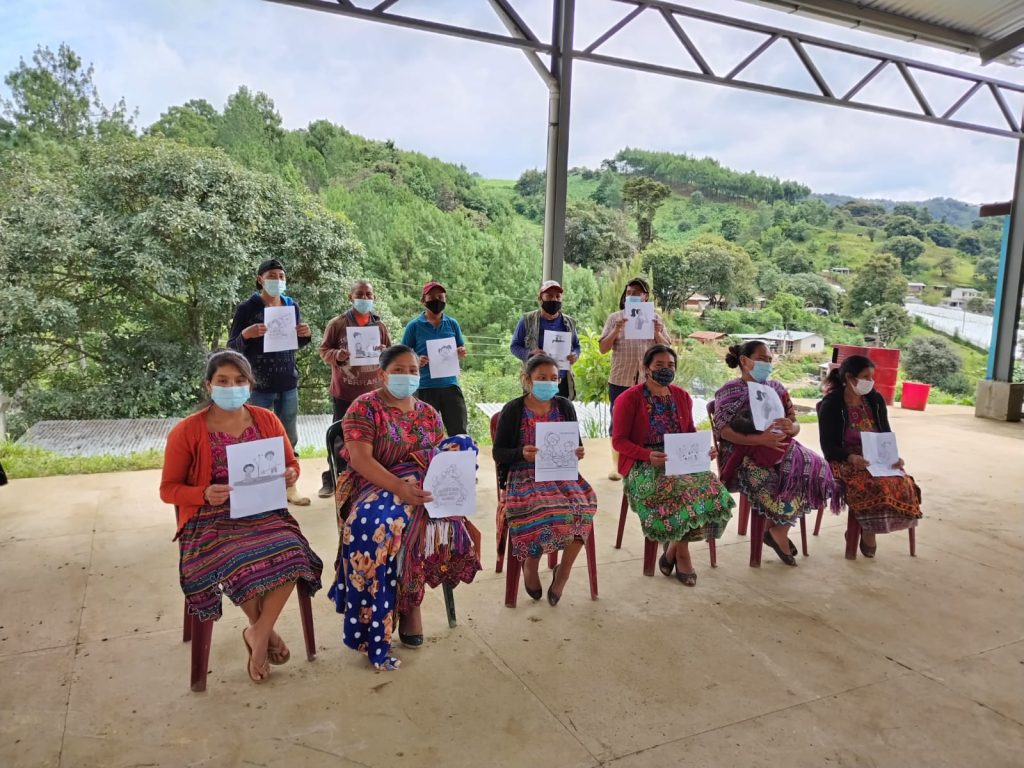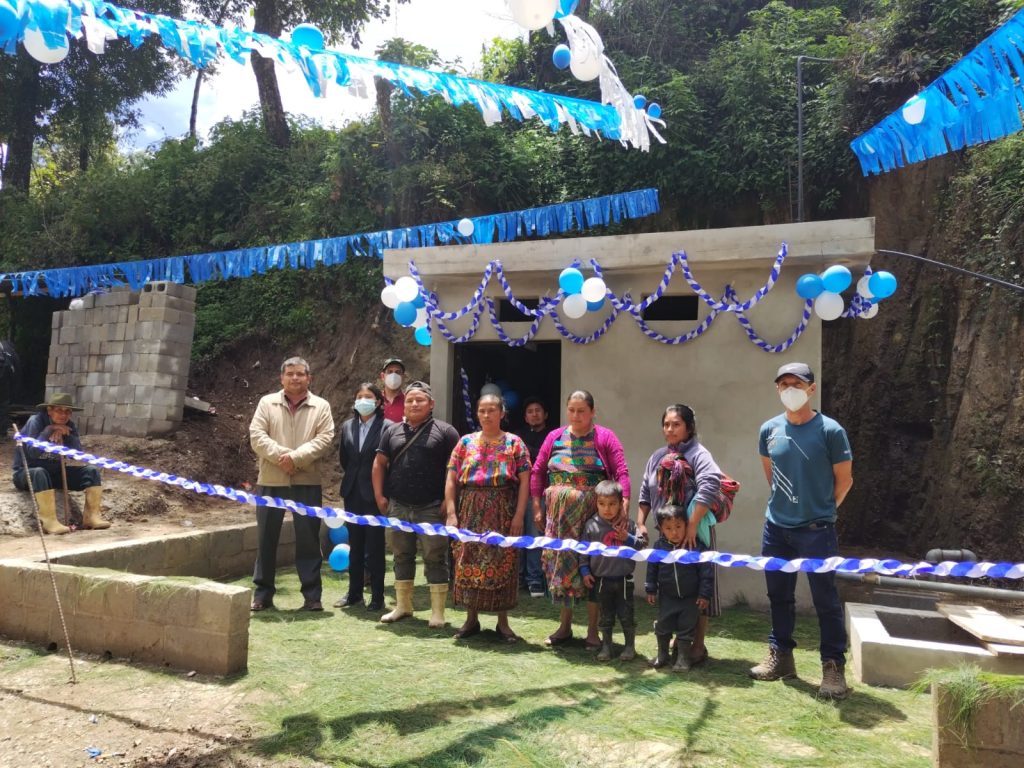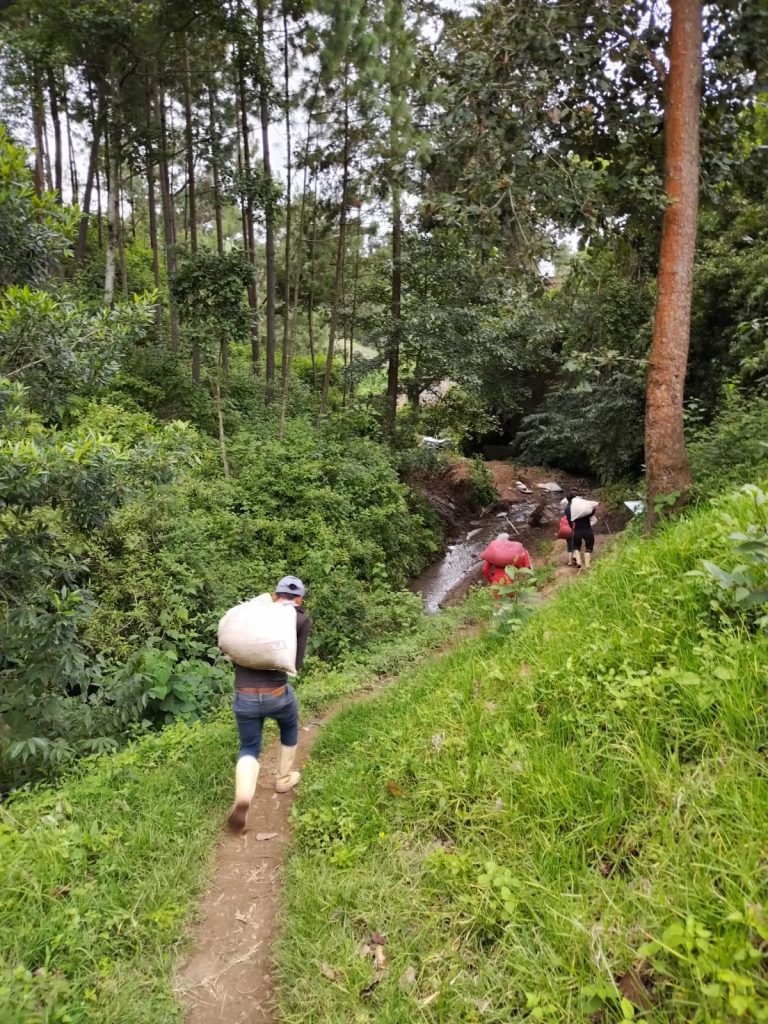Xetonox is a village of 145 families, or approximately 913 people. The community was founded in 1955 by 7 families. It is located 3 miles from the municipal seat of San Juan Comalapa. The name “Xetonox” comes from the Kaqchikel “xe noxte” or “under the nopals”, because the region used to have many nopals (a variety of cactus). Xetonox has no Catholic churches and 3 Evangelical churches; about 5 percent of the population is Catholic and 95 percent is Evangelical. All community members speak the Kaqchikel language, and many can also speak Spanish.
The main productive activity in the community is agriculture, especially: strawberry, sweet pea, corn and beans. Day laborers get $6.50 a day, but there are also masons, midwives and policemen in Xetonox.
Xetonox has one school serving 190 children from kindergarten through 6th grade. There is a health post in the village, run by a nurse, that offers basic medical attention Monday through Friday. 90 percent of the homes have electricity, and 90 percent of the roads are dirt.
Our Partnership:
ALDEA and ABPD began working with Xetonox families in January 2021. Our goal is to reduce chronic childhood malnutrition now, while supporting the community in building their capacity to address further development challenges on their own into the future. We are working together on:
- Water, Sanitation & Hygiene: A potable water system, sanitary latrines, gray water filters, and efficient vented stoves will reduce the risk of gastrointestinal diseases and improve indoor air quality, improving health and allowing children to make the most of the nutrients they consume. These projects began in January 2021 and completed in October 2022.
- Family Planning: We provide training and family planning methods so that women and men have the opportunity to decide the number and spacing of their children. Work began in January 2021 with completion expected in March 2023.
- Community Mobilization & Empowerment: Trainings and activities with men, women, youth, and local authorities began in January 2021 with completion expected in March 2023.
- Nutrition Education: Trainings and activities began in January 2021 with completion expected in March 2023.
- Food Security (Sustainable Agriculture): Trainings and activities began in January 2021 with completion expected in March 2023.
- Disaster Risk Reduction: Activities will begin in January 2022 with completion expected in March 2023.



